on stage | Ray Kurzweil talks at the Nobel Prize events
January 1, 2016
Dear readers,
I enjoyed speaking on the future of technology at the Nobel Prize gatherings in Gothenburg, Sweden. Every year, the Nobel Prize picks a theme of interest to the world on the state of sciences in different arenas. This year’s theme was the future of intelligence, with a focus on different technologies that are changing our ability to see and understand large sets of information and create computer systems that might reach human level thinking — I believe that progress is accelerating.
I enjoyed giving the keynote and participating in panel discussions with interesting colleagues during the day long event called Nobel Week Dialog, which takes place the week of the Nobel Prize awards. The day is open to the public and hosts top scientific thinkers presenting on the future of innovation and knowledge. I also attended the gala and awards ceremony — a spectacular display of the power of ideas and research helping the world to progress and solve serious challenges.
— Ray Kurzweil
Topics from panels and my keynote:
- Will artificial intelligence exceed human intelligence
- Is that actually possible
- Are fears of super-intelligent systems justified
- Does our developing relationship with technology change our brains
- How well do we understand the basis of human intelligence
- What are the economic consequences of increasingly intelligent systems
- What role will creativity have in the future
- Who will benefit and who will lose out
- What is the link between technology, education and inequality
- What will humans do when robots take over even more of our roles
- How can society best prepare for the changes ahead
- What should we learn in the future
- How will learning change in the decades ahead
Nobel Prize awards ceremony | video
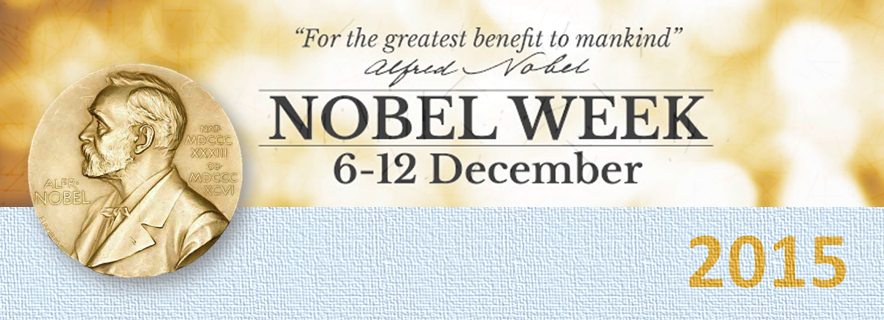
video | no.1
group: Nobel Prize
event: Nobel Week Dialog
session: keynote
year: 2015
topic: the future of intelligence
speaker: Ray Kurzweil
about | Nobel Week Dialog is a free day long event and part of the official Nobel Week program, taking place the week of the annual Nobel Prizes. The event stimulates discussion on a science and technology theme by bringing together Nobel laureates, the world’s leading scientists and experts, key opinion leaders, policy makers and the public. By bridging science and society, it’s an opportunity to excite imagination and inspire thinking.
Ray Kurzweil is a futurist, inventor, best selling author and now a Director of Engineering at Google in the computer science area of machine learning. Kurzweil spoke at the Nobel Week Dialog on December 9, 2015 in Gothenburg, Sweden. He gave a keynote and participated in panels with colleagues in the sciences.
Ray Kurzweil believes that we will enhance our natural biological intelligence through artificial intelligence in the future. Kurzweil explores logarithmic advances in computing power and information technologies and uses the history of their trajectories to project when and how artificial intelligence may enhance our daily lives.
video | no. 2
group: Nobel Prize
event: Nobel Week Dialog
year: 2015
session: panel
topic: the future of intelligence
panelist: Ray Kurzweil + friends
panel conversation | Should science and society welcome singularity, the hypothetical moment in time when artificial intelligence surpasses human intelligence?
panelists:
Ray Kurzweil — futurist author • Google: a Director of Engineering
Max Tegmark, PhD — cosmology • Massachusetts Institute of Technology
Stuart Russell, PhD — computer science • Univ. of California
Harry Shum, PhD — computer science • Microsoft: Executive Vice President of Technology + Research
moderator:
Margaret Boden, PhD — cognitive science • Univ. of Sussex
intro:
Lars Heikensten — economics • Nobel Foundation: Exec. Director
Nobel Prize | Nobel Week Dialog 2015: The Future of Intelligence
video of Ray Kurzweil’s panel discussion from the day long event
panel conversation | How do you see the enormous potential of the future of knowledge?
panelists:
Ray Kurzweil — futurist • Google, Director of Engineering
Joel Mokyr — a • a
David Autor — a • a
Randy Shekman — a a
moderator:
Helga Nowotny — a • a
Nobel Prize | Nobel Week Dialog 2015 • the Future of Intelligence
Video of highlights from the day long event.
highlights: exploring perspectives on intelligence
about from Nobel Prize | Highlights video from Nobel Week Dialog day 2015. Audience members, panelists and attending Nobel laureates talk about what they enjoyed most at the day long event.
The day brought together a select group of the world’s leading scientists, policy makers and thinkers who — together with the audience — explored scientific and cultural perspectives on intelligence. Nobel Week Dialog aims to cross the traditional boundaries between science and society with a day of in-depth discussions.
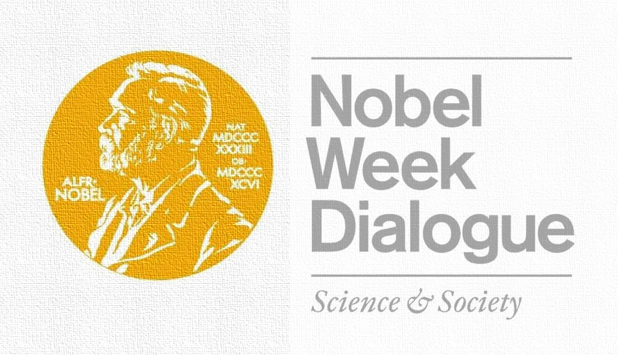
Nobel Prize | Nobel Week Dialog is a day long special event during the annual week of the Nobel Prize.
During the annual Nobel Prize Week, held each December, the current year’s Nobel Prize laureates participate in a whirlwind of events and activities leading up to December 10, when they receive their Nobel Prizes and attend the Nobel Banquet. Since 2012, the roster of activities has expanded to include a new event, the Nobel Week Dialog, a day of lectures and panel discussions on December 9.
The goal of the event is to bring together a select group of the world’s leading thinkers for a series of thought provoking sessions and working groups on a topical science theme. With this event the Nobel Institutions aim to deepen the dialog between the scientific community and society on issues connected with the Nobel Prize and of importance for the world.
Nobel Prize | This year’s Nobel Week Dialog on the future of intelligence.
Experience stimulating discussions at the highest level together with Nobel laureates, the world’s leading scientists, experts, key opinion leaders, policy makers and the general public online and at the event. By bridging science and society, it’s an opportunity to stimulate thinking, excite imagination and inspire greatness.
Nobel Week Dialog is a free, full day event part of the official Nobel Week program. The event aims to generate dialog on a topical, science theme. This is the fourth Nobel Week Dialog, the 2014 event on the topic of aging took place in Stockholm, Sweden.
Now it’s focusing on the future of intelligence. Join us in Gothenburg, Sweden and on digital platforms. Nobel Week Dialog is organized by Nobel Media.
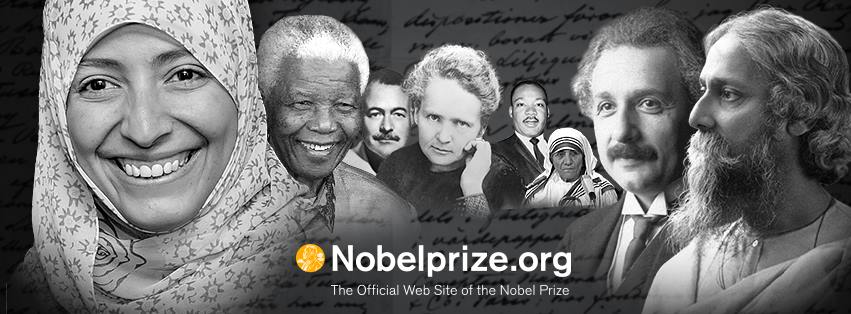
on the web | essentials
On the Nobel Prize events.
Nobel Prize | main
Nobel Prize | YouTube channel
Nobel Prize | educational activities for young explorers
Nobel Prize Awards | banquet + gala program • 2015
Nobel Prize Awards | award ceremony program • 2015
Nobel Museum | main
Nobel Museum | YouTube channel
Nobel Center | main
Nobel Center | YouTube videos
Nobel Prize: Nobel Week Dialog | main
Nobel Prize: Nobel Week Dialog | YouTube channel
Nobel Prize: Nobel Week Dialog | program
Nobel Prize: Nobel Week Dialog | panelists
innovation at Nobel Week Dialog
the Beam tele-presence robot from Blue Ocean Robotics at the day long event
Blue Ocean Robotics telepresence at Nobel Prize events
Blue Ocean Robotics | main
Blue Ocean Robotics | YouTube channel
Blue Ocean Robotics | telepresence robots: main
Blue Ocean Robotics | telepresence robots: Beam Smart Presence System
Blue Ocean Robotics | Nobel Week Dialog from a Beam’s perspective
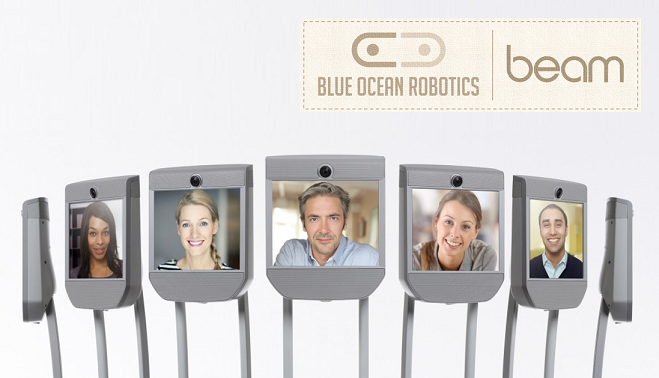
Nobel Prize |
Nobel Week Dialog program
brochure of the complete day long event
Ray Kurzweil talks and panel discussions are viewable in the video broadcast recordings of the day long event.
morning sessions
• 10:00 am | welcome — Lars Heikensten
• 10:10 am | keynote — The future of intelligence * watch
presenter • Ray Kurzweil
• 10:30 am | talk — Redefining intelligence?
presenter • Carl Wieman
• 10:40 am | panel — What is intelligence?
panelists • Barbara Grosz, Helga Nowotny, Edvard Moser, Margaret Boden
moderator • Goran K. Hansson
• 11:00 am | panel — Are policy makers smart enough?
panelists • Mikael Damberg, Lisa Lindstrom
moderator • Mattias Fyrenius
• 11:20 – 11:50 am | break
• 11:50 am | talk — The future of expertise? * watch
presenter • Guru Banavar
• 12:05 pm | interview — Is the digital age changing us?
presenters • Sherry Turkle, Adam Smith
• 12:15 pm | panel — Should we fear or welcome the singularity? * watch
panelists • Ray Kurzweil, Stuart Russell, Harry Shum, Max Tegmark
moderator • Margaret Boden
• 12:35 pm | panel — How will artificial intelligence change the world?
panelists • Michael Levitt, Cynthia Breazeal, Dzulkifli Abdul Razak, Joel Mokyr
moderator • Leila Janah
• 1:00 – 2:00 pm | lunch
afternoon sessions
track 1
• 2:00 pm | panel — The future of human + computer interaction?
panelists • Barbara Grosz, Cynthia Breazeal, Sherry Turkle, Guru Banavar
moderator • Stuart Russell
• 3:00 pm | panel — The future development of artificial intelligence?
panelists • Barbara Grosz, Michael Levitt, Stuart Russell, Harry Shum
moderator • Max Tegmark
track 2
• 2:00 pm | panel — The future of knowledge?
panelists • Randy Schekman, Ray Kurzweil, Joel Mokyr, David Autor
moderator • Helga Nowotny
• 3:00 pm | panel — The future of learning?
panelists • Lars Borjesson, Dzulkifli Abdul Razak, Pam Fredman, Carl Wieman, Brad Samargya
moderator • Helga Nowotny
track 3
• 2:00 pm | panel — The future of artificial perception, what can computers learn from humans?
panelists • Edvard Moser, Margaret Boden, May Britt Moser, Danica Kragic
moderator • Adam Smith
• 3:00 pm | panel — The future of work?
panelists • Robert J. Shiller, Joel Mokyr, David Autor, Leila Janah
moderator • Laura Sprechmann
• 3:45 – 4:15 pm | break
evening sessions
• 4:15 pm | panel — Intelligence in the light of art + science?
panelists • Olafur Eliasson, May Britt Moser
moderator • Max Tegmark
• 4:30 pm | panel — The future of creativity?
panelists • May Britt Moser, Edvard Moser, Randy Schekman, Michael Levitt, Robert J. Shiller, Carl Wieman
moderator • Adam Smith
• 5:00 pm | close
Nobel Prize | Nobel Week Dialog program
presenters from the day long event
panelists | participating Nobel laureates
May Britt Moser — Physiology or Medicine 2014
Edvard Moser — Physiology or Medicine 2014
Michael Levitt — Chemistry 2013
Randy Schekman — Physiology or Medicine 2013
Robert Shiller — Economic Sciences 2013
Carl Wieman — Physics 2001
featured presenters | world leading experts + inspiring thought leaders
Ray Kurzweil — futurist and a Director of Engineering at Google
Barbara Grosz — natural sciences, Harvard University
Max Tegmark — cosmologist, Massachusetts Institute of Technology
Olafur Eliasson — renowned visual artist
Nobel Prize — Nobel Week Dialog | all presenters
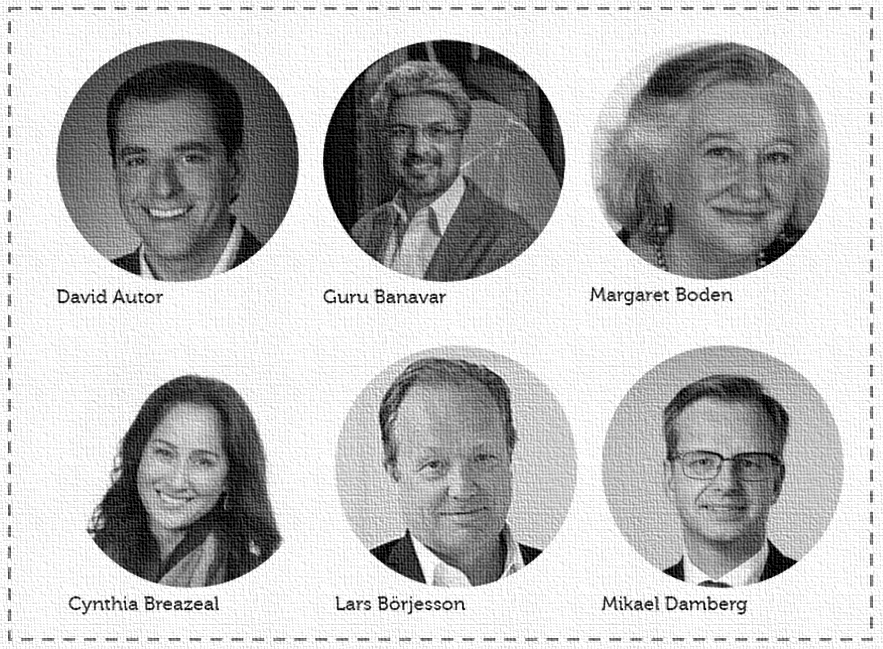
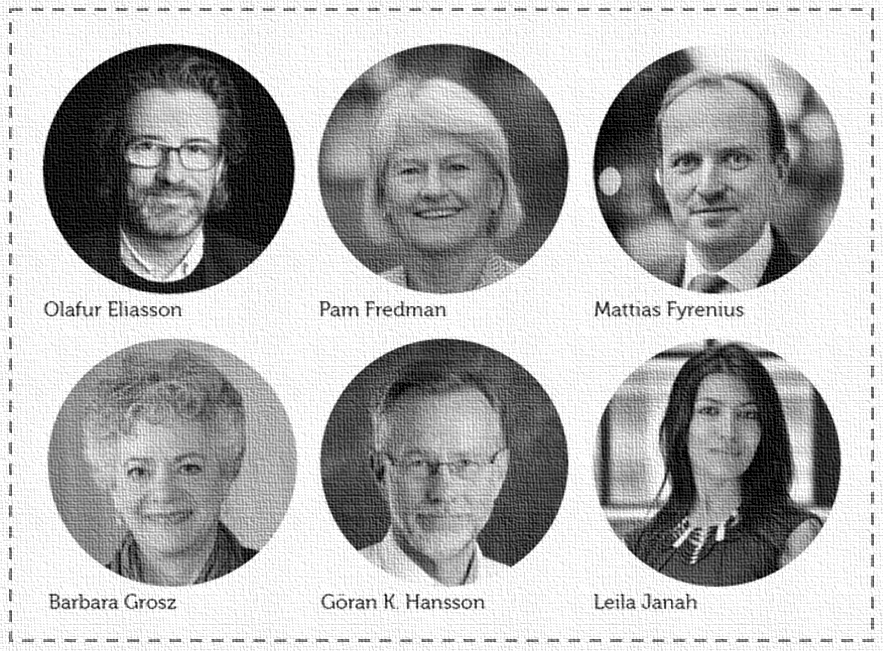
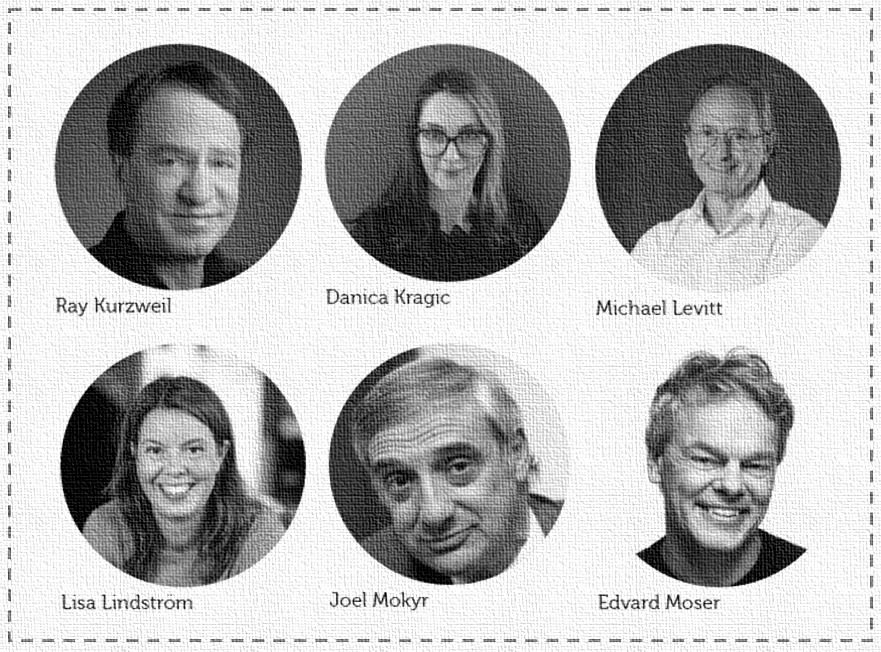
Nobel Prize + BBC | Nobel Minds television show
laureates from 2015 round table discussion
 Nobel Prize + BBC | The Nobel Minds television broadcast for the Nobel Prizes 2015. The 2015 Nobel laureates met at Grunewald Hall in the Stockholm Concert Hall in Stockholm, Sweden on December 11, 2015 for the annual round table discussion and TV program Nobel Minds.
Nobel Prize + BBC | The Nobel Minds television broadcast for the Nobel Prizes 2015. The 2015 Nobel laureates met at Grunewald Hall in the Stockholm Concert Hall in Stockholm, Sweden on December 11, 2015 for the annual round table discussion and TV program Nobel Minds.
The Nobel laureates in literature, economics, chemistry, medicine and physics discussed the discoveries for which they’ve been honored, how these can be applied in a practical way, and the role of science in today’s society. The show was hosted by Zeinab Badawi of the BBC.*
* BBC is the British Broadcasting Company
PBS | History, present and future of the Nobel Prizes
an episode of the PBS Digital Studios video series It’s ok to be smart
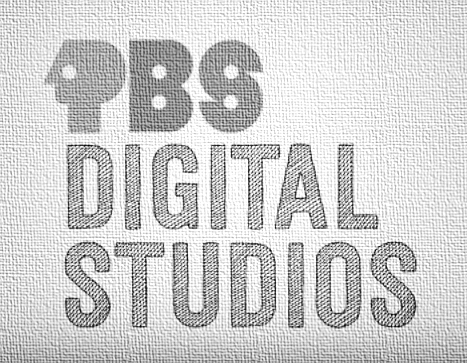 PBS Digital Studios | I’m Joe Hanson, PhD host of the PBS Digital Studios* video series and accompanying blog It’s ok to be smart.
PBS Digital Studios | I’m Joe Hanson, PhD host of the PBS Digital Studios* video series and accompanying blog It’s ok to be smart.
This channel is all about science, the amazing universe we live in, and how science connects to every part of our life. In this episode, the history, present and future of the Nobel Prizes.
notes | on topic
background on PBS
PBS | main
PBS | YouTube channel
PBS Digital Studios | main
PBS Digital Studios | It’s ok to be smart
PBS Digital Studios | YouTube channel: main
PBS Digital Studios | YouTube channel: It’s ok to be smart
* PBS is the Public Broadcasting Service